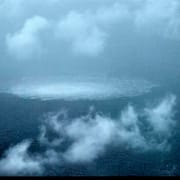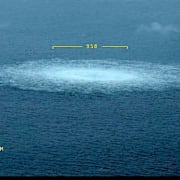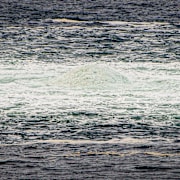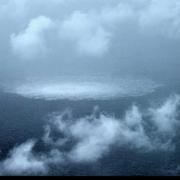bakgrund
Nord Stream-sabotaget i september 2022
Wikipedia (en)
On 26 September 2022, a series of underwater explosions and consequent gas leaks occurred on 3 of 4 pipes of the Nord Stream 1 (NS1) and Nord Stream 2 (NS2) natural gas pipelines, two of 23 gas pipelines between Europe and Russia. Both pipelines were built to transport natural gas from Russia to Germany through the Baltic Sea, and are majority owned by the Russian majority state-owned gas company, Gazprom.
Prior to the leaks, the pipelines were filled with natural gas but were not transporting it as a consequence of the Russian invasion of Ukraine. On 26 September at 02:03 local time (CEST), an explosion was detected originating from Nord Stream 2; a pressure drop in one of its pipes was reported and natural gas began escaping to the surface southeast of the Danish island of Bornholm. Seventeen hours later, the same occurred to both pipes of Nord Stream 1, resulting in three separate leaks northeast of Bornholm. All three affected pipes were rendered inoperable; in October Russia confirmed that one of the two Nord Stream 2 pipes was operable and would be ready to deliver gas through Nord Stream 2. The leaks occurred one day before Poland and Norway opened the Baltic Pipe running through Denmark, bringing in gas from the North Sea, rather than from Russia as the Nord Stream pipelines do. The leaks were located in international waters, but within the economic zones of Denmark and Sweden.
Russia asked for an international investigation at the UN Security Council which was rejected. Denmark, Germany and Sweden each initiated separate investigations, describing the explosions as sabotage. The Swedish and Danish investigations were closed in February 2024, but the German investigation is still ongoing,




